Description
An exclusive limited edition photograph of Kevin Keegan by Photojournalist Arthur Steel.
Keegan hangs up his football boots and retires after his last ever game playing for Newcastle United.
Arthur recalls: “Being a Geordie myself it was an honour to be asked to photograph Keegan’s last football match playing for Newcastle United. I remember after all the Champagne and celebrations died down Kevin was left alone to reflect, he had played in 500 matches for the side and it was really quite emotional for him, it was a very special moment to witness. My picture won the ‘Sports Photograph of the Year Award’, in 1984.”
✓ Exceptionally rare limited edition photograph.
✓ Direct from the Artist.
✓ Non licensable images.
✓ Printed by Metro Imaging.
✓ Hand signed by Arthur Steel.
✓ Video of Arthur Steel signing your print(s).
✓ Certificate of Authenticity.
✓ Free worldwide delivery.
✓ Tracked & signed for delivery.
✓ Paypal Pro protection.
✓ Secure SSL payment protection.
✓ 14 day money back guarantee.
✓ Excellent customer care and service.
Black & White Film Grain:
Arthur’s photographs were all captured on 35mm film, a fast medium grain film called ‘Kodak Tri-x Pan’ with an ISO speed of 400. It enabled photojournalists at the time to shoot in relatively low light conditions. Nowadays, we are used to grainless images even at an iso of 800 and above. The grain effect adds to the character and charm of the images and dates the pieces accordingly. Arthur’s images cannot to be compared to todays grainless digital technology.
Signed prints Vs. Unsigned prints:
Most artists sign their prints at the bottom right corner of the piece. By signing a print, the artist approves it, and, claims it as his or her own work. Signatures count for a lot on the print market since they add to the artwork’s authenticity. The value of a signed print is higher than the value of an unsigned print, so if you have a choice, it’s always better to acquire signed prints.
Limited editions Vs. Open editions:
As a rule limited edition prints are valued more highly and therefore are priced higher than the readily available open edition prints. Also, limited edition prints are collectible, which is not the case for open edition prints. Due to their scarcity, limited edition prints are prized, and collectors and art lovers will seek to create a collection of the same.
Camera: Leica 35mm.
Film stock: Kodak Tri-X Pan.
Location: Newcastle United’s dressing room, Newcastle.
Year: 1984.
Collection: Gold.
Print Type: Fibre-based Harman Galerie FB Digital.
Printed by: Metro Imaging.
Limited Editions:
All prints are limited editions, no further prints are produced once sold.
50″ prints / edition of 10
40″ prints / edition of 20
30″ prints / edition of 30
20″ prints / edition of 30
12″ prints / edition of 30
Bespoke: All prints are bespoke and printed to order.
Presentation: 12 and 20 inch prints are titled, numbered, signed and carefully enfolded in acid free tissue paper, supplied flat in an acid free 4mm 3-ply box for delivery and storage purposes. The boxes are ideal for gift wrapping. The larger 30, 40, 50 and 60 inch prints are also titled, numbered, signed and carefully enfolded in acid free tissue paper and inserted into a rigid 4mm thick protective cardboard tube for delivery.
Optional Dry Mounting for clients within the UK: Professional Dry Mounting of the larger print sizes can be arranged at no extra cost, the print would then be perfectly flat and ready for framing. However, this makes the overall size bulky and too fragile to send overseas. So, if you reside abroad, it is best that we send a rolled print directly to your chosen framer and you entrust them to carry out the works for you. We recommend that you check that your framer is fully insured as we cannot take responsibility for any damages that may occur during the mounting/framing process.
Delivery: Metro Imaging based in Central London use an experienced shipping service to deliver the boxed and rolled prints. Metro take great care in ensuring the print(s) are very well protected and efficiently delivered anywhere in the UK or overseas. Acid free tissue paper protects prints from scratching/creasing. Metro also offer a vast array of delivery options to suit the recipient’s preference.
Certificate of Authenticity: Each print acquired from The Arthur Steel Archive is accompanied by an individually signed Certificate of Authenticity.
Video of Authenticity: Newly printed bespoke prints are further authenticated by way of a short personalised video. Arthur Steel mentions your name on the recording prior to signing. For example, Arthur will say something like: “I’m signing this print of Kevin Keegan, edition number 2/20 for Mr. Smith in New York.” For your records, the footage is then sent to you via email.
Watermark: Watermarks will not be present on an original print.
Copyright: © Arthur Steel / The Arthur Steel Archive.
Biography: Joseph Kevin Keegan, OBE (born 14 February 1951) is an English former football player and manager. He played for several clubs including Liverpool and Hamburger SV. He went on to manage Newcastle United, Fulham and Manchester City, winning promotion as champions in his first full season at all three clubs. He also managed the England national team.
As a player in the 1970s and 1980s, he has been described as “arguably the first superstar English player to attract the modern media spotlight”. He began his playing career at Scunthorpe United in 1968, before moving to Liverpool in 1971. At Liverpool, Keegan won three First Division titles, the UEFA Cup twice, the FA Cup and the European Cup. He also gained his first England cap in 1972, and moved to German club Hamburg in the summer of 1977. At Hamburg he was named European Footballer of the Year in 1978 and 1979, won the Bundesliga title in 1978–79, and reached the European Cup final in 1980. Keegan moved to Southampton that summer, and spent two seasons at the club before a transfer to Newcastle United in the English second division in 1982. He helped Newcastle to promotion in his second season, and retired from football in 1984, having been capped 63 times for England, scoring 21 goals.
He moved into management at Newcastle in 1992, winning promotion as First Division champions. Newcastle then finished second in thePremier League in 1995–96, after leading for most of the season. After a spell at Fulham, he took charge of the England team in February 1999, but resigned in October 2000, following a 1–0 loss against Germany in qualification for the 2002 FIFA World Cup. He then became manager of Manchester City in 2001 and spent four years at the club before resigning in 2005. He had been out of football for almost three years when he returned to Newcastle United for a second spell as manager in January 2008. This spell lasted only eight months, however, as Keegan resigned on 4 September 2008 following speculation regarding a dispute with the club’s directors.
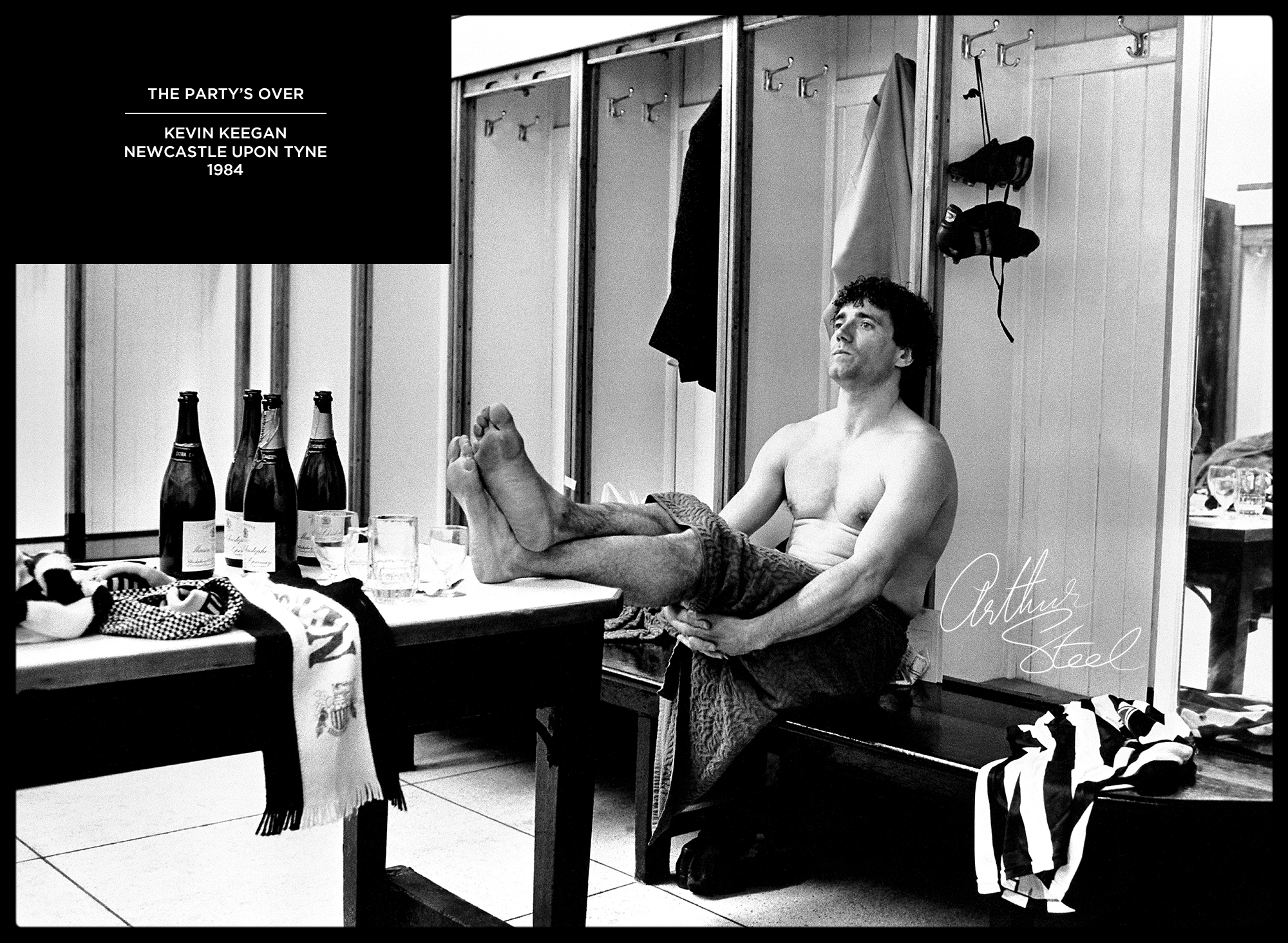
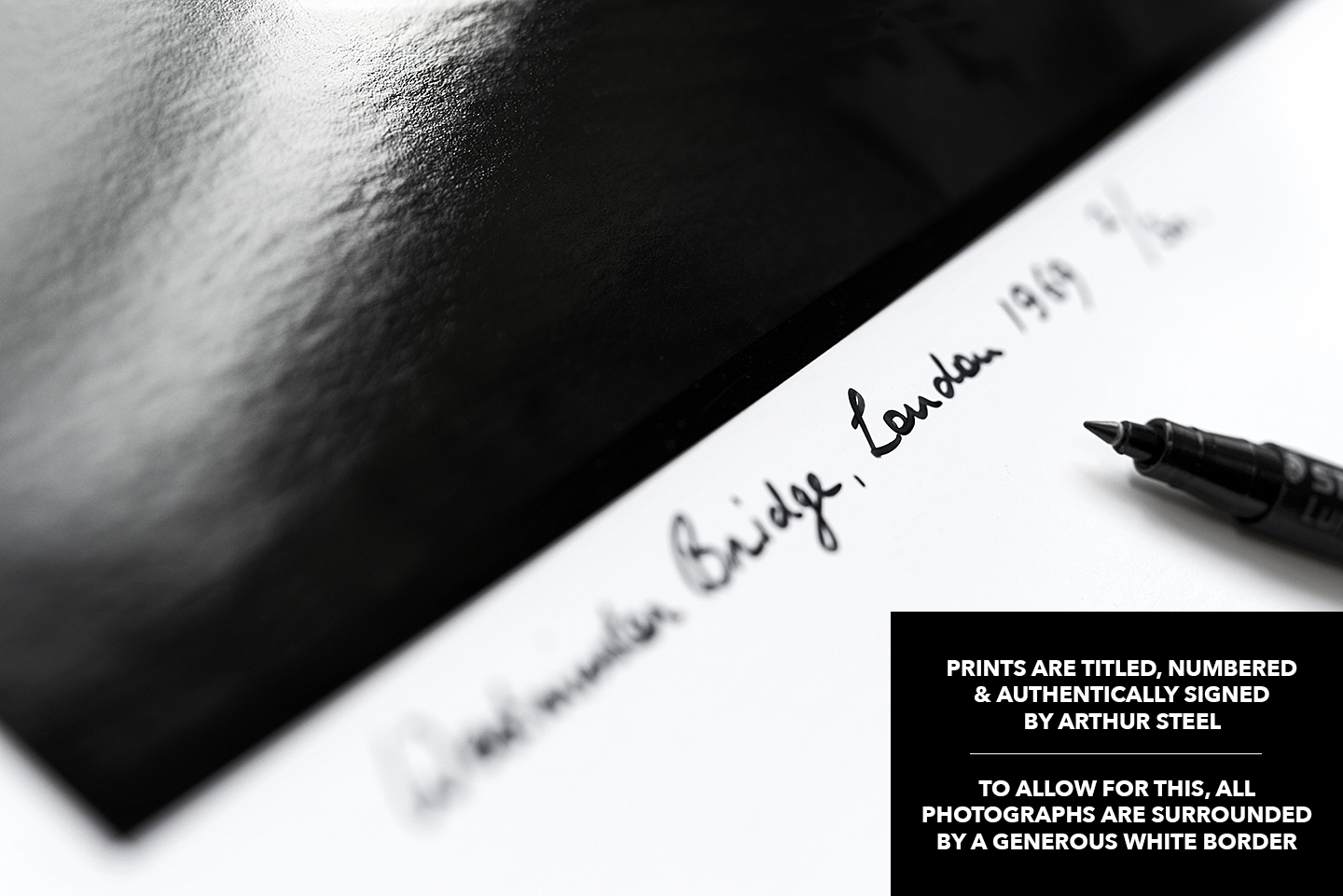
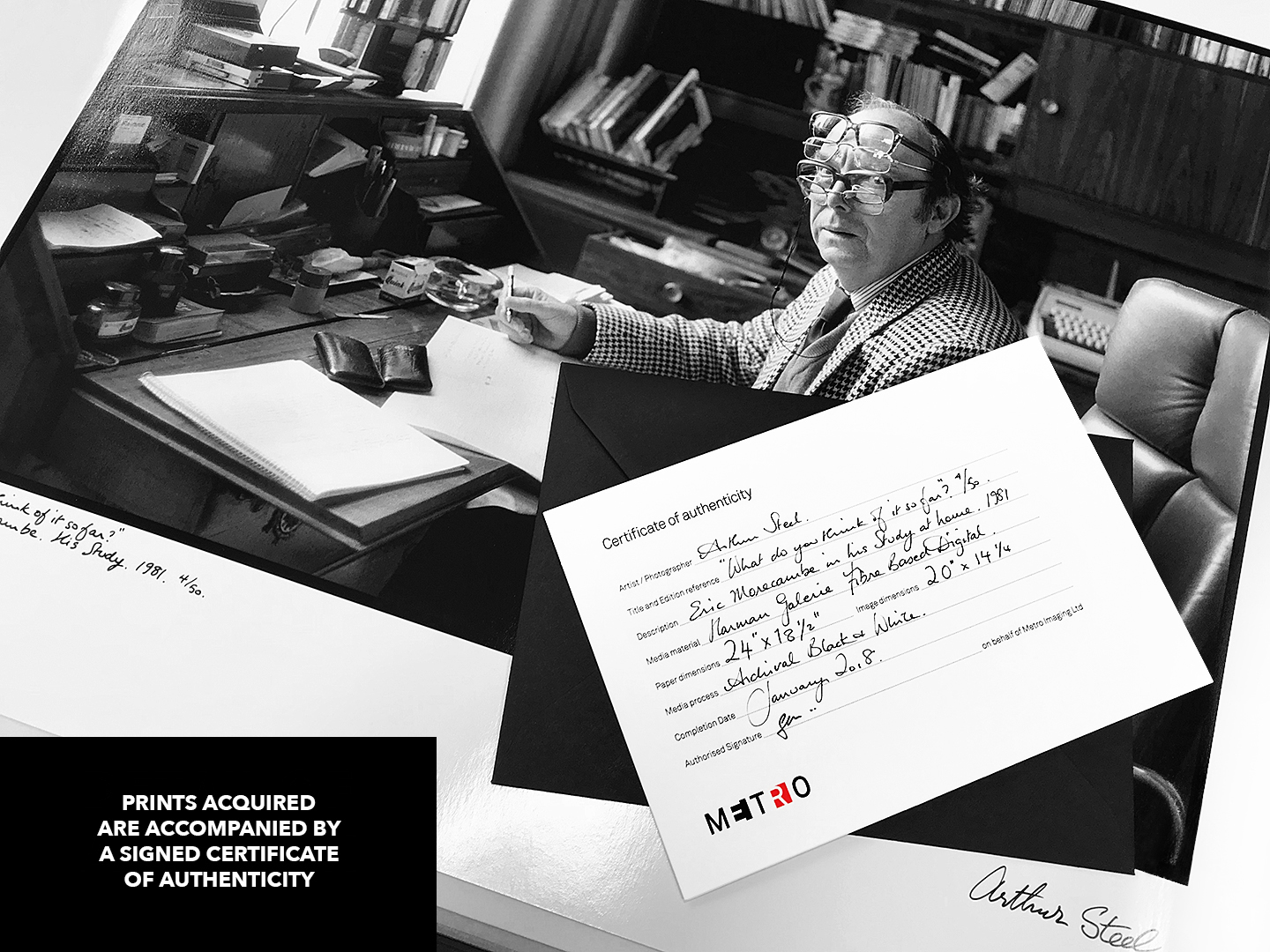
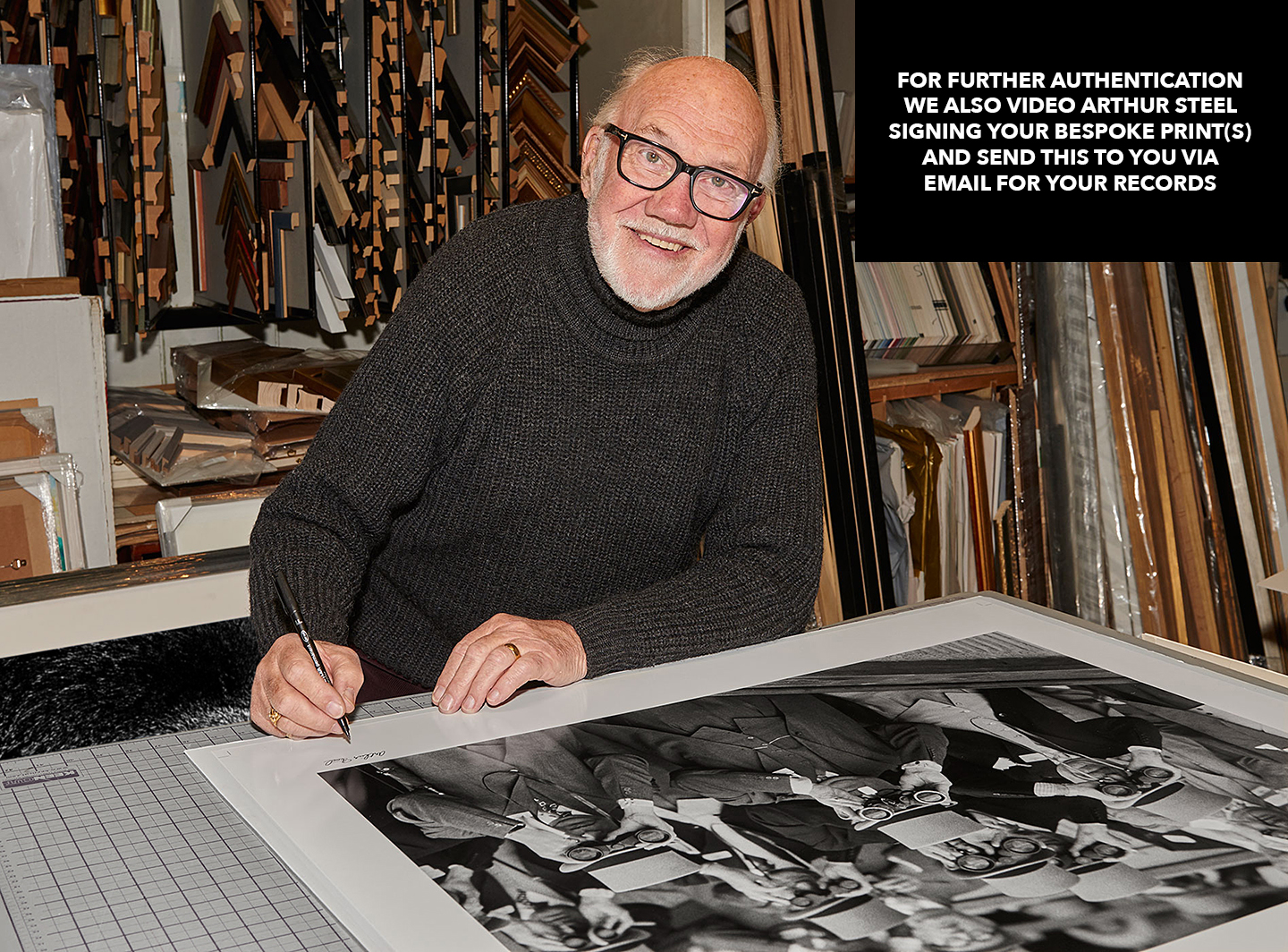
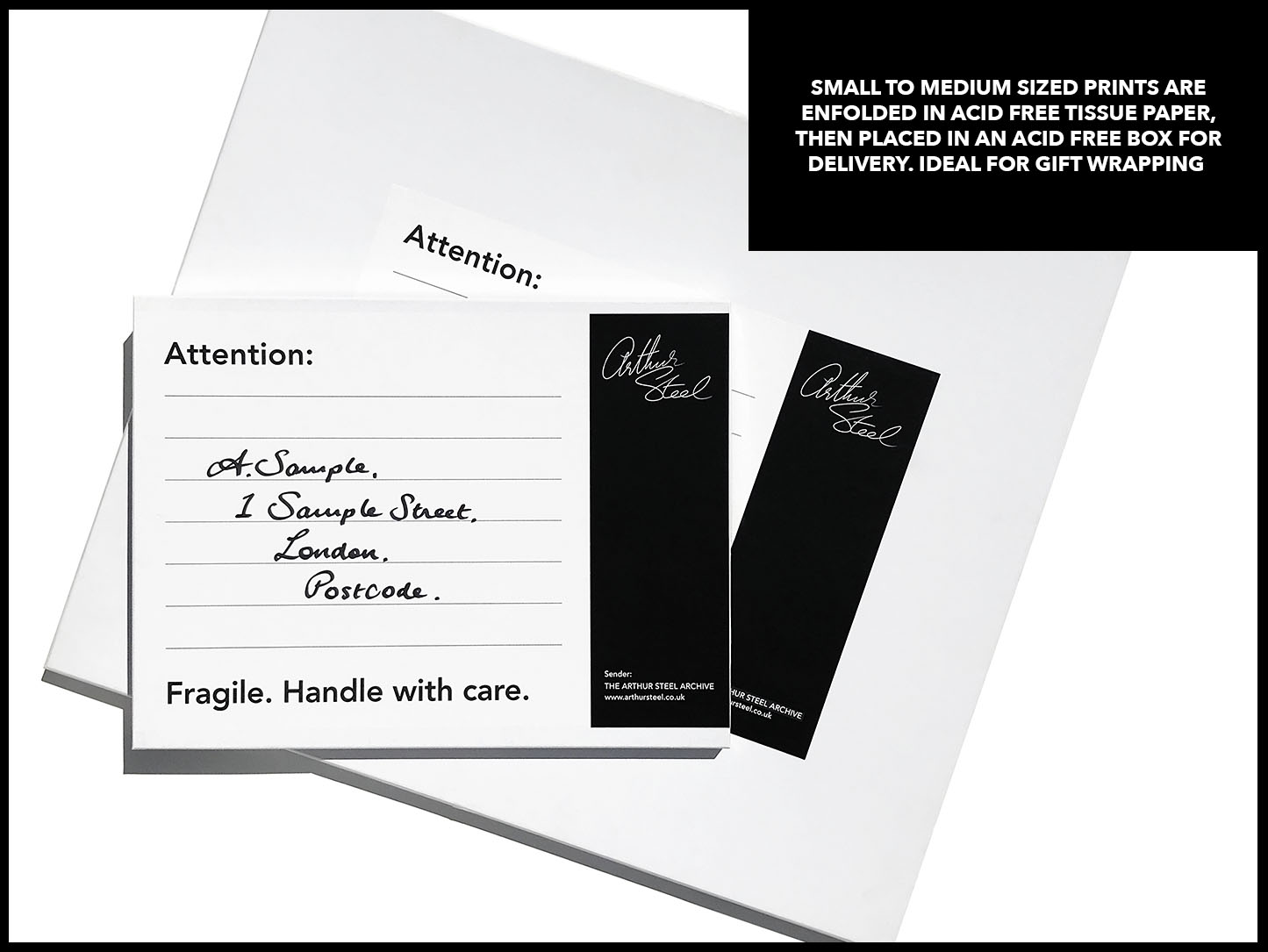
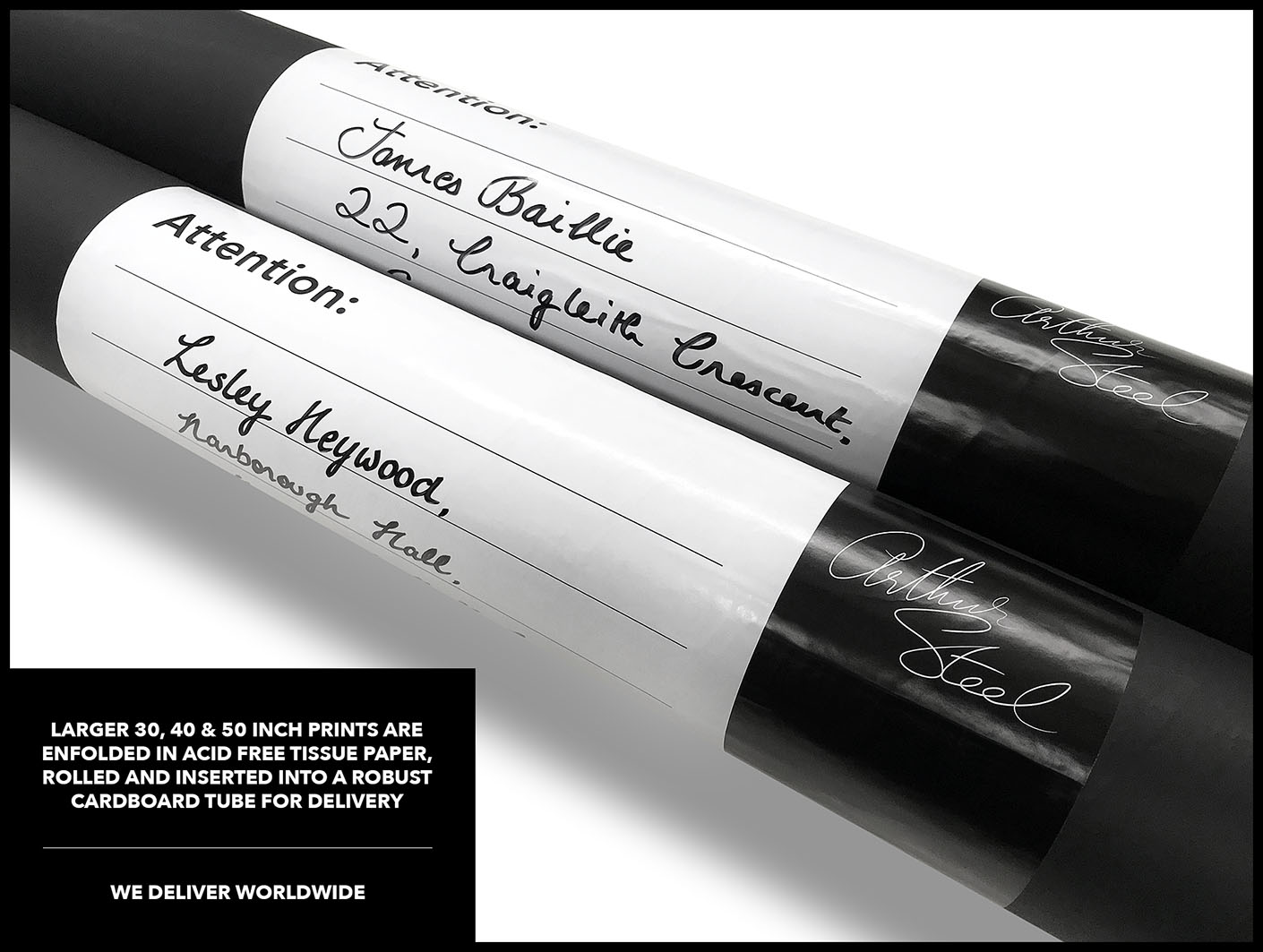
Recent Comments